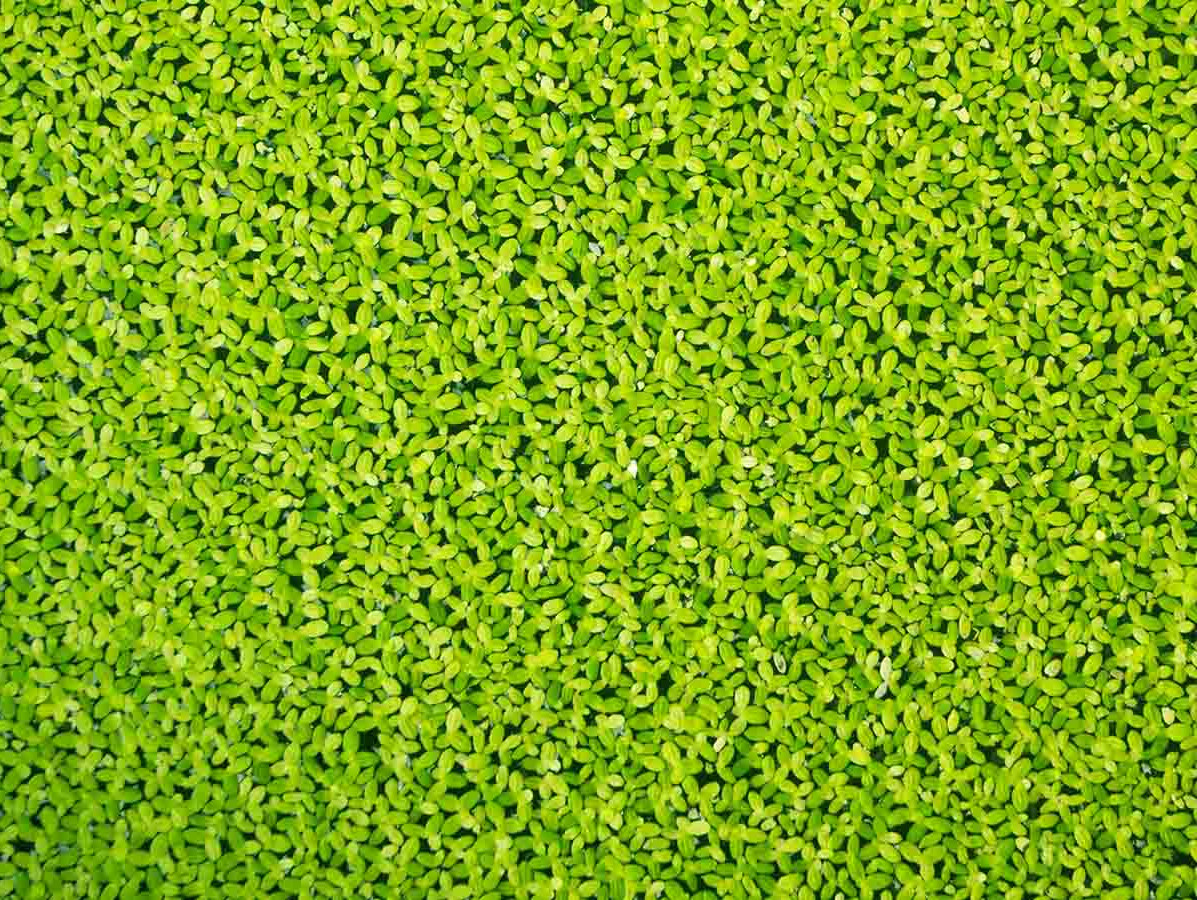
Five Dutch universities of applied sciences are collaborating with various companies and experts on a research project focusing on the cultivation and application of duckweed. This cooperation could open the door to a future where duckweed becomes a prominent protein source in our diet. The parties are united in the two-year project 'Sustainable Proteins: One More Duck'.
Under the guidance of experts such as Feike van der Leij from Inholland University of Applied Sciences and Eric de Bruin from Aeres University of Applied Sciences, the consortium aims to find an effective and sustainable way to cultivate duckweed. These small aquatic plants grow rapidly and contain a high protein content. Moreover, they yield a much higher return per hectare than traditional protein sources such as soybeans. The ultimate goal is to reduce dependence on protein imports, such as soy from the Amazon, and establish a local, sustainable protein production.
The research focuses not only on cultivation but also on processing duckweed into food products. Experiments are being conducted with the use of duckweed in products such as tortillas, pesto, and even ice cream. Acceptance among consumers is also being examined. Students play a significant role in this part of the project, with international students often linking their research to their internships or final projects. The results of these studies could contribute to wider acceptance and application of duckweed in daily nutrition.
The use of existing infrastructure, such as the bulb nursery in Bovenkarspel for the cultivation of duckweed, underscores the focus on sustainability within the project. This initiative could represent an important step forward in the protein transition, essential for a more sustainable food system in the Netherlands.
Source: Aeres Hogeschool